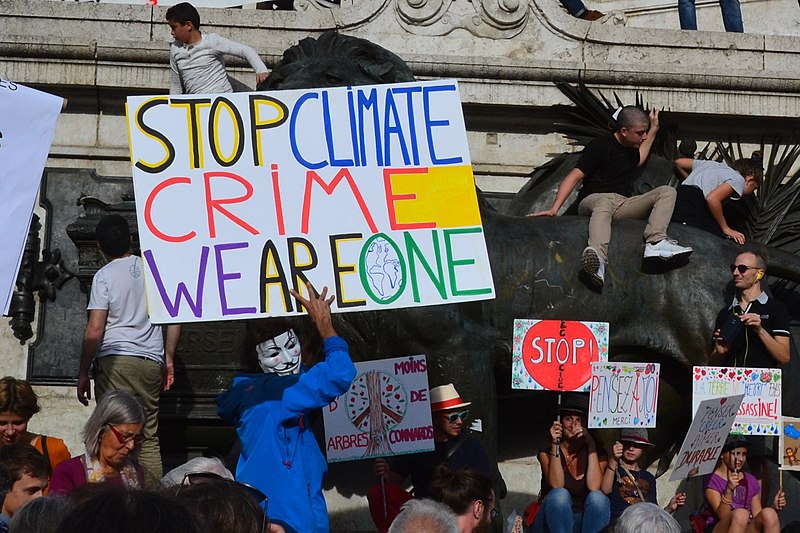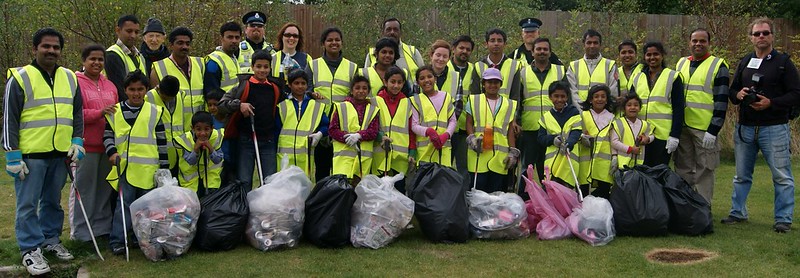Top 10 tips to tear down your carbon footprint
The climate crisis is a confusing and seemingly far off threat. But it is very real.
Thankfully, the changes we can make as individuals can have very real effects on the environment too. With our lives finally starting to pick back up, now’s the perfect time to set some more environmentally conscious habits – and here are 10 of the best.
Cutting out cars

With cities looking to cut down on pollution and improve air quality, now is the perfect time to make the same leap yourself. Where possible, taking public transport is cheaper, lowers your carbon footprint, and frees up the road for those who need it most. Better yet, cycling or walking – or swimming?! – to work gives our bodies some much needed activity in an otherwise very sedentary world.
Choosing plastic-free options

Another easy way to cut down on your carbon footprint is by using less plastic. Choose loose veggies instead of bagged, buy dried goods from places like Unboxed Kent, or use beeswax wraps instead of clingfilm to keep your sandwich together.
Buying local
View this post on Instagram
Talking of veggies – get ‘em from a local market. Canterbury’s The Goods Shed sells local, seasonal produce. The quality is amazing, and it all comes in paper bags (or you can take your own containers). There are added benefits too – you support local businesses, and you can guarantee that your food doesn’t belong to a frequent-flyer programme.
Buying less

British households throw away on average £355 worth of food every year. This is a complex issue, but one with many solutions. Shopping more often to buy less can help cut down on wasting food. And just because a potato isn’t terribly photogenic doesn’t mean it’s not great for mash.
Buying less meat
Meat is delicious, and I’m not going to say no to eating 20 chipolatas if I get the opportunity. But choosing to make sweet potato the protagonist over chicken in your curry can save you money and help the environment. Even just cutting down on the more carbon-costly meats is a great start. The data for the graph can be found here.
Spending less on heating

Last tip for us at home: using less hot water. Be it our radiators, kitchen taps, washing up machines, showers… there are a lot of places where we can reduce how much we use. Every five minutes we spend in the shower equates to just over a kilo of CO2 being created. Yeah, it’s painful to step out just before you finish your Bohemian Rhapsody solo – but you can feel that you’re doing the right thing.
Buying fewer clothes

What we wear says a lot about ourselves. For those of us fortunate enough to do so, we should be prioritising reusing or buying second hand clothes. And when buying new, clothes that were ethically made are a must for many reasons.
One, this shows we don’t support abusing workers in developing nations. Two, if we pay more for our clothes they’re far less likely to be prematurely sent to landfill. And three, the quality is going to be better because so much more thought was put into their creation.
Getting out there

Protesting got a lot done in 2019. Extinction Rebellion and Greta Thunberg’s School Strike for Climate really alerted the government to how much portions of our society care about the environment. Demanding the government makes greener decisions over how your pension is invested, your home is powered, and your carbon emissions offset is our right. Use it.
Getting out there – in a less confrontational manner

If protesting isn’t for you, then just talking to your MP lets them know how much you care about the issue. They can then bring your worries directly to the government for you. Another great way to help the environment is by picking up litter on beaches, in parks, or just on your verge.
And lastly, learn more
As I wrote here, we need to know when the government is heading in the wrong direction so that we can get it back on track. But also to know why living a ‘net zero’ life as soon as possible is crucial. One of the first people in the world to find the correlation between rising carbon dioxide output and rising temperatures was British – and he was ignored. Let’s make sure we don’t ignore this climate crisis any longer.